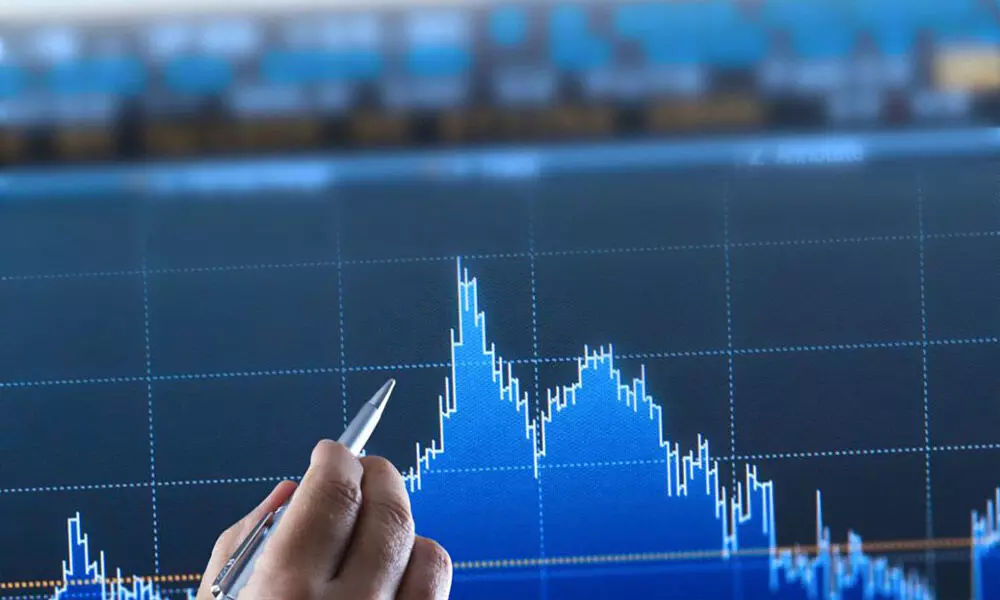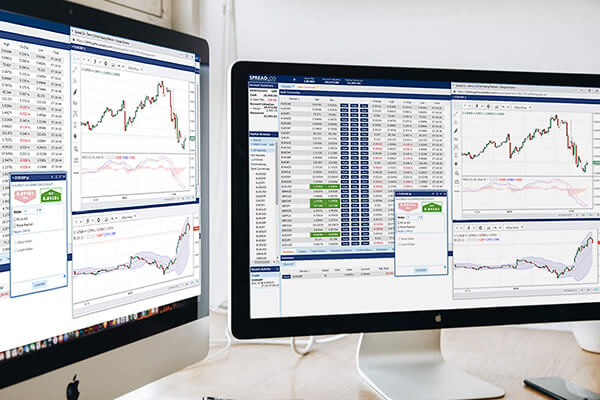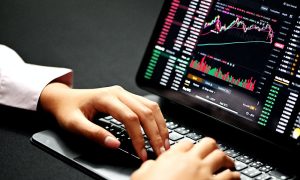Is It Safe TO Store Your Shares IN A Demat Account? Exploring THE Security Aspects

In the digital age, demat accounts have simplified stock investing. A demat account is an electronic method of maintaining shares and securities, which eliminates the need for physical certificates. Even though it offers many advantages, one of the most often asked questions by investors is whether it is safe to place their shares in a Demat account. Let’s examine the security aspects of Demat accounts to determine their level of safety for storing your investments.
The Security OF Demat Accounts
Although the security of their Demat accounts worries many investors, it is important to understand that well-regulated infrastructure supports them. Two main depositories for demat accounts in India are Central Depository Services Limited (CDSL) and National Securities Depository Limited (NSDL). These firms guarantee that every transaction is under observation and protection.
The following are some key security features keeping Demat records safe:
1. Regulatory Oversight:
SEBI maintains regulatory control over DEMAT accounts. Thus, strict criteria govern the administration and security of these accounts, just as a bank operates to protect your deposits. Additionally, SEBI controls trading accounts used for purchase and sell transactions, ensuring the safety of the entire investing process.
2. Data Encryption::
Encryption of trade accounts and demographic data stops unauthorized access. When you log into your online account, the broker secures all correspondence, preventing hackers from accessing or manipulating your data.
3. Two-FACTOR VERIFICATION (2fa):
For additional security, most depository participants (DPs) and brokers offer two-factor authentication. This makes it more difficult for illegal people to access your Demat or trading account, as you must input your password as well as a one-time password (OTP) given to your email address or cellphone.
4. Regular Monitoring:

Depositories and brokers constantly check DEMAT accounts for unusual activity. If they notice suspicious behavior, they flag the account and take the necessary action. We search trading records for both illegal activity and suspicious behavior.
5. Limited Access
Demat accounts call for protected login credentials unlike those of genuine shares. Moreover, moving securities from your Demat account to another calls for a valid authorization number, so fraudulent transfers are quite challenging. This degree of protection also covers trading accounts, requiring correct verification before trades can occur.
Conclusion
All things considered, maintaining shares in a Demat account is usually secure under adequate security policies. Government control, encryption, and user authentication procedures taken together provide a safe environment to save and handle your investments. Attaching a trading account to your Demat account can help you to make smooth trades and protect your savings. However, to prevent illegal access or fraud, it is imperative to follow correct security guidelines and remain vigilant about the security of your account, just like with any other online system.






